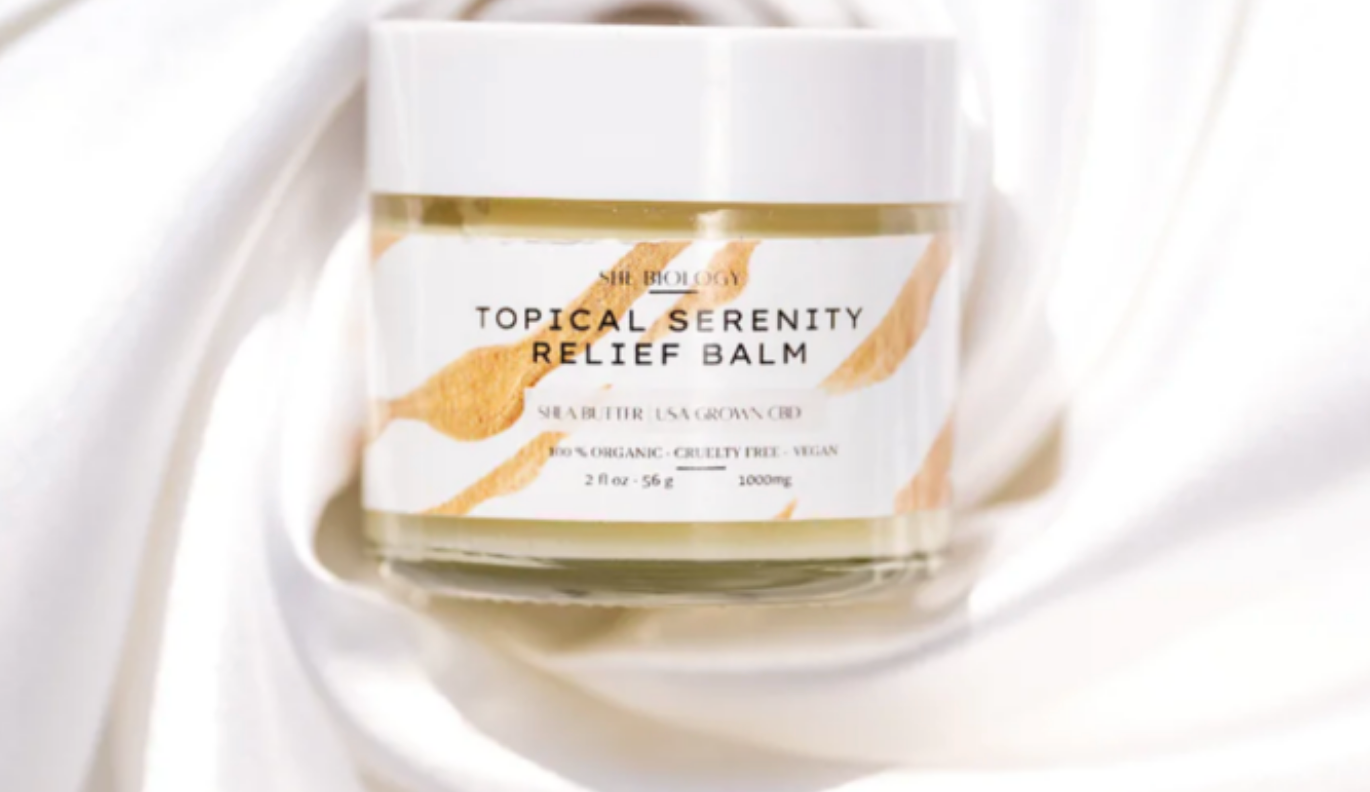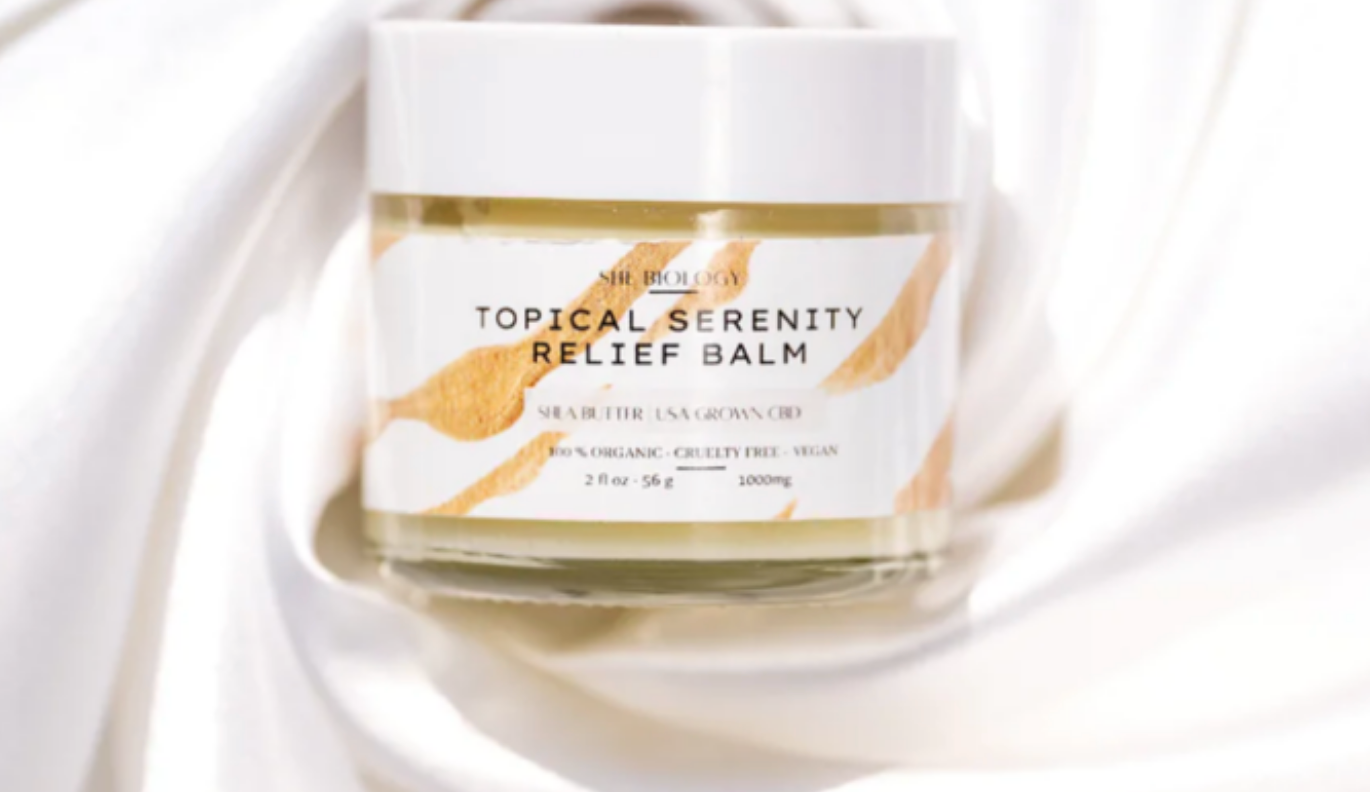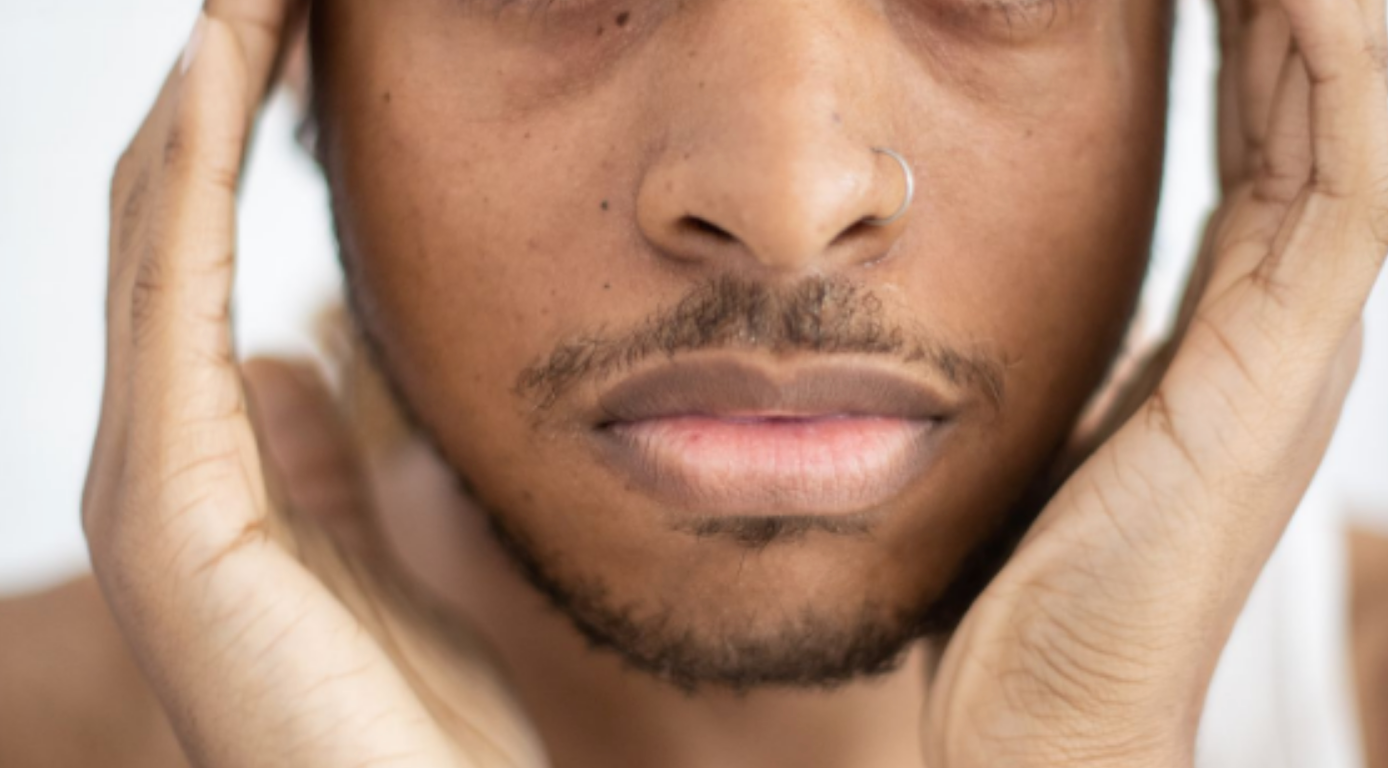CBD has become a wildly popular ingredient in health products and in the skin care world as of lately. If you look carefully, it’s everywhere: in sunscreens, masks, lip balms, moisturizers, and more. The question we find ourselves asking is: Should we really be applying this on our skin?
First, let’s clear up what CBD is and how it works. Cannabidiol (CBD) is an active ingredient in the cannabis plant, according to Harvard Health Publishing. CBD can be derived from either medical marijuana or hemp. It’s important to note that CBD doesn’t have psychoactive effects.
Experts attribute the popularity of CBD to its “do anything” reputation. In fact, many people turn to CBD in the hope of treating various ailments, including anxiety, insomnia, pain conditions, and now skin problems. Dermatologists agree that CBD has the potential to ease inflammation, balance oil production, soothe eczema, and more.
How CBD Works
The human body has what is called an “endocannabinoid system” found throughout our body. Its primary function is to create bodily balance, or homeostasis, affecting things such as mood, sleep quality, and skin function. What this means is that your body produces its own version of CBD as well. As a phytocannabinoid, cannabis-derived CBD can bind to certain receptors in the brain and to other various areas of the body as well. Most namely our skin, which has its own endocannabinoid system, complete with cannabinoid receptors. So theoretically, when you apply CBD onto your skin, it interacts with those receptors in order to create homeostasis.
Popular Myths About CBD
Myth: It’s better to ingest CBD.
Fact: Taking an oral CBD supplement or tincture will travel throughout your body via the bloodstream; however, this won’t necessarily help your skin. If you’re using cannabidiol as a skin treatment, it’s better to apply it topically. Applying the product this way will provide localized and potentially long-term relief since CBD can penetrate and accumulate in the skin’s upper layers.
Myth: There’s no clinical research about CBD.
Fact: A report by the World Health Organization stated that CBD has “been demonstrated as an effective treatment for epilepsy.” The WHO also found the extract showed preliminary evidence for effectively helping those with cancer, Alzheimer’s, Parkinson’s, psychosis, multiple sclerosis, and diabetes.
Myth: CBD works the same for everyone.
Fact: Many factors play into how CBD will affect you. Your state of health, genetics, metabolism, and other bodily functions can alter the cannabinoid. Your body’s endocannabinoid system can also change how the compound reacts. Plus, not all CBD products are created equal. Products can be infused using the full-spectrum CBD or just CBD isolate. These all produce varying strengths and work differently. Skincare products also contain a list of other ingredients that can affect how CBD actually works.
Myth: CBD can’t help me with specific skin issues.
Fact: Initial research suggests CBD extract and skincare products may help with inflammation, mild to severe acne, signs of aging, dry skin, and pain relief.
Does CBD Skin Care Deserve the Hype?
According to dermatologists and cosmetic chemists, CBD skin care is worthy of some of the attention it’s garnered. Dr. Aanand Geria, a board-certified dermatologist with Geria Dermatology, states that studies that have been conducted so far “show that CBD might normalize keratinization—meaning pores are less likely to be clogged—possibly lead to fewer wrinkles, and [has] anti-inflammatory activity.”
“It has been studied as a treatment for a variety of skin issues including eczema, psoriasis, and even acne,” adds board-certified dermatologist Dr. Joshua Zeichner. “It has calming and hydrating effects, and there is some data to suggest that it may inhibit oil production.”
This is all impressive, if not unique. “Plant healing is not new; it is ancestral,” as Dillon says. Or, in more scientific terms, “A great number of effective and commonly used pharmaceuticals, like aspirin and its analog, salicylic acid, have their roots in botanical sources,” says Dobos. CBD is just one of many effective, plant-based skin-care solutions—a miracle of nature.
For now, know that CBD products are safe in general, and early research suggests that they may make a difference in how your skin looks and feels. Just don’t count on it as a cure-all for any skin condition. In other words, talk to your dermatologist before replacing products they have recommended with ones containing CBD, and don’t treat any new skin conditions with CBD products until you speak to your dermatologist. If you’re interested in venturing into CBD skin care, do your homework and some research on what you’re looking for. And don’t be afraid to test some things out! Enjoy your journey into the world of CBD.





